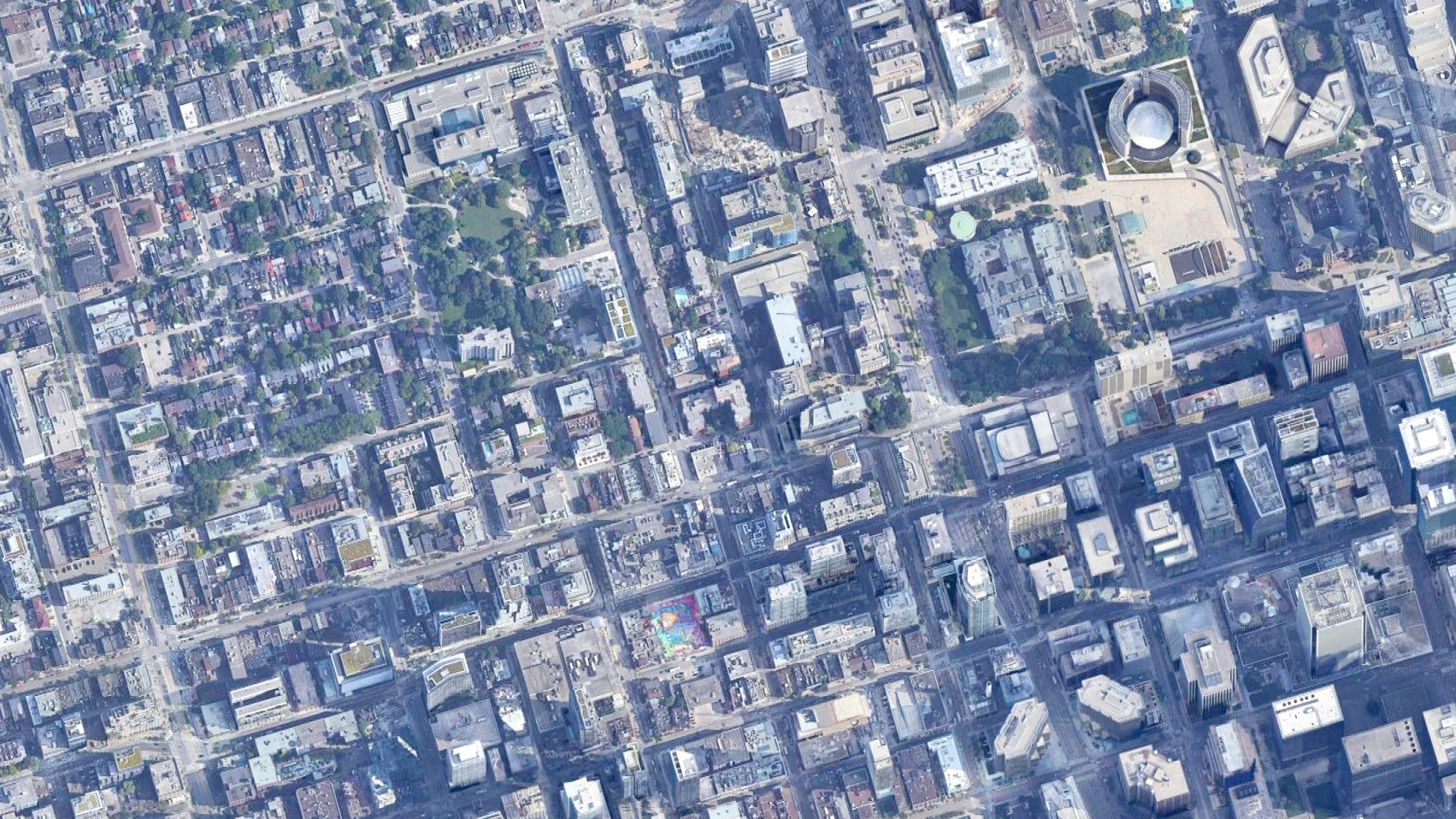Meanwhile, the 1.5m Germans…

Yes, I know a little German
Next year they become legal In Belgium too, for approved brands. They currently are banned due to electrical/fire safety code.
Wasn’t there a stereotype about Belgium having lax building codes? Was that ever true or did that change, Belgium?
I haven’t numbers or data, so just from personal point of view: Lax building code as in you can build the weirdest looking building in the middle of a forest, yes. The 60s to 90s were like that.
But the building always had to be up to code: if you wanted electricity, it had to be up to code. If you wanted water, you also needed correct sewage. Transactional, in a way.
The first, buildings whereever, has also changed, gradually, since the 00s. “Betonstop” is the name used, translates to “concrete stop”.
Anyone knows about France? I got a balcony south south…
They are still illegal in Sweden, unfortunately. Hopefully we get some movement on the subject soon.
Denmark, too…
Why is a utility interconnect for rooftop solar a big process, but balcony solar is just plug in? Simply a matter of scale / reduced risk of electrocuting line workers? No net meeting for balconies?
Adding solar so simply sounds great.
The balcony ones are usually lower power a set (500W to 800W).
The higher the power, the higher the current given the fixed voltage. You’ll need thicker wires, different breakers, better heath insulation, etc.
Then there’s the jackass enthousiasts that plug 5 of these things into a single extension cord to take into account.
If humans can build huge swaths of development and buildings and constructions in every major city all over the planet … then I think we can make an effort to at least cover a good percentage of it with solar panels. The majority of us build shelters to avoid the sun anyway … we like the sun but only for short periods during the day. So why not build shelters, homes, buildings, coverings, everything out of solar panels. Instead of deflecting all that energy, collect it and make it useful.

Given the higher cooling demands during summer in more and more places, awnings are a good idea. These are specifically designed to capture the sunlight, hence it would perhaps follow that making these solar panels would be a good idea - solar awnings.
I think of that kinda pic every time I’m on a plane.
That seems like a bad idea unless we figure out a good way to fix the albedo problem that is apparently worse than ever
https://www.nature.com/articles/s41467-022-31558-z
The albedo decease from urbanization in 2018 relative to 2001 has yielded a 100-year average annual global warming of 0.00014 [0.00008, 0.00021] °C. Without proper mitigation, future urbanization in 2050 relative to 2018 and that in 2100 relative to 2018 under the intermediate emission scenario (SSP2-4.5) would yield a 100-year average warming effect of 0.00107 [0.00057,0.00179] °C and 0.00152 [0.00078,0.00259] °C, respectively, through altering the Earth’s albedo.
The albedo does have an effect, but not much of one. If we were to supplement every household with the ~30% solar power this article suggests, it would be a massive improvement and far outweigh the costs of the albedo.
They’re saying to cover the stuff that’s already there, not to build new solar cities
albedo problem
Especially when you consider looking at the average city from above … the surface is almost 70 to 80% either asphalt or concrete. The average city is literally just a giant solar heat collector. If we didn’t do anything about solar panels … it would be just as efficient if we figured out how to just heat water and use the steam power instead.
I think it’s a matter of scale. Electrocution of line workers, the home owner or renter should be prevented by an automatic disconnect switch (in/before the inverter of the balcony solar system). Without that switch you could have power on the pins of the plug, and that would be very dangerous.
At first I was wondering why only short Germans were putting solar panels on their balconies.
Tall ones block more of the sun
Is being short trendy in Germany or something
In this thread:
50% serious discussion on urban solar panel deployment.
50% “Hee-hee, short Germans!”
Not allowed in Australia without legislation anyway,.owners groups would shit their pants.
And they plug them into thier mains electrical systems how ? I can see them charging a battery and you get an inverter to run something from the battery but that’s not the same thing.
They have an inverter that increases the voltage to 230V and then you can plug it into a regular outlet. The cables don’t care in which direction the electricity flows. It only becomes an issue at the power meter, but newer ones prevent backflow and usually these small PV systems don’t produce enough to not be consumed by always on stuff like refrigerators anyways.
deleted by creator






